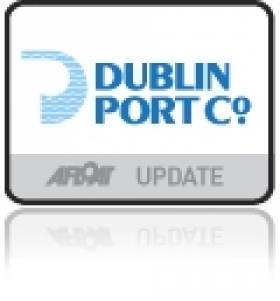Displaying items by tag: Fun free family events
Dublin Port to host Free Family-Friendly Open Day
Ireland's largest port will open up to the public next Saturday (18 September) when the Dublin Port Company is to host a free family-friendly Open Day.
Free coach tours will be operating around the port all day, offering visitors a glimpse of how Ireland's largest and busiest Port operates.
In addition for the first time there will also be free tours of the port area by sea throughout the day for adults and children (height restriction of 3'9" or 114cm applies) which will offer all our visitors the opportunity to see the port from the perspective of Captains of ferries and ocean liners as they arrive at Dublin Port.
Speaking at the launch of the Dublin Port Open Day, Mr. Eamonn O'Reilly, Chief Executive, Dublin Port Company, said: "The Open Day is a fantastic opportunity for us to engage with the local community and encourage them to come and experience the workings of Ireland's largest port at first hand. Visitors to our Open Day are always amazed to witness the scale and diversity of the work undertaken at the port on a daily basis.
When Dublin Port hosted an Open Day two years ago over 2,000 came for the free fun-filled day but also discovered just how relevant it is to their daily lives. We look forward to welcoming many more visitors again this year."
For further information on the port www.dublinport.ie





























































